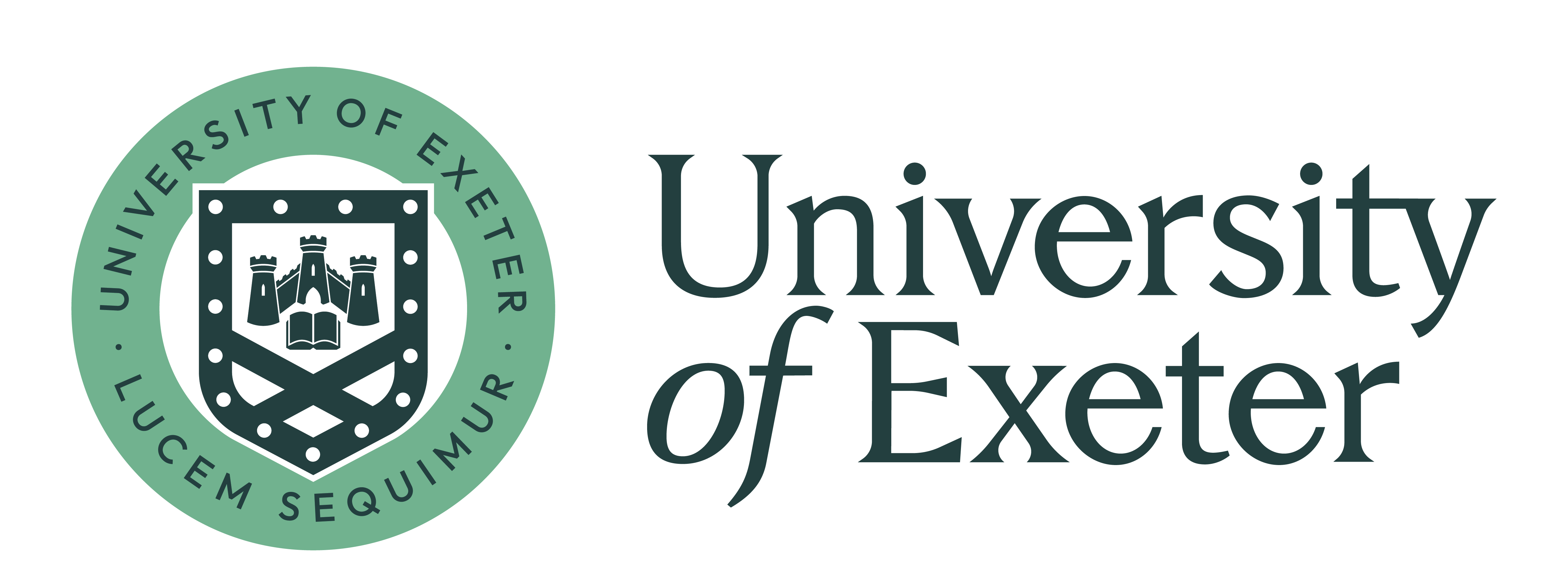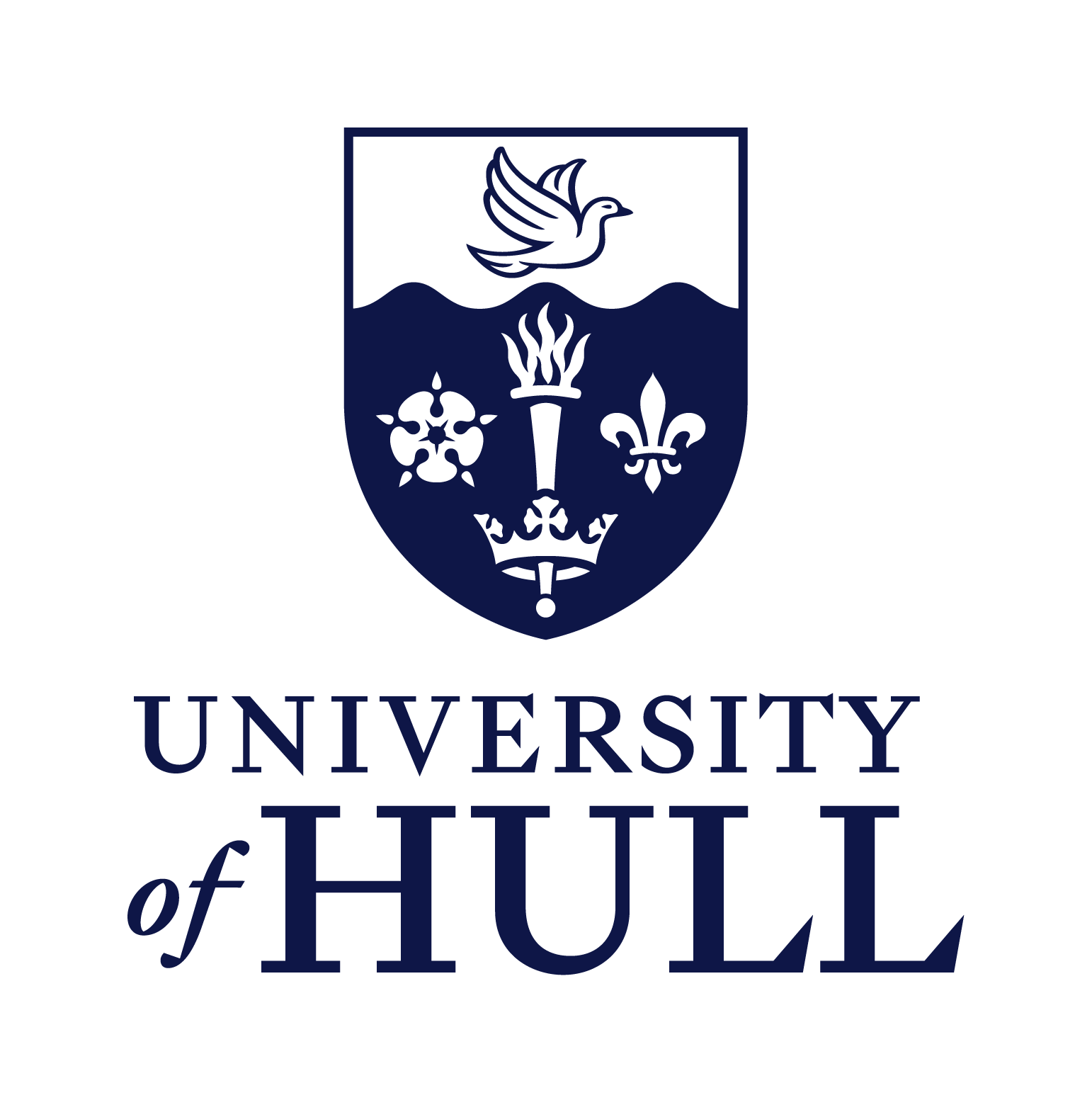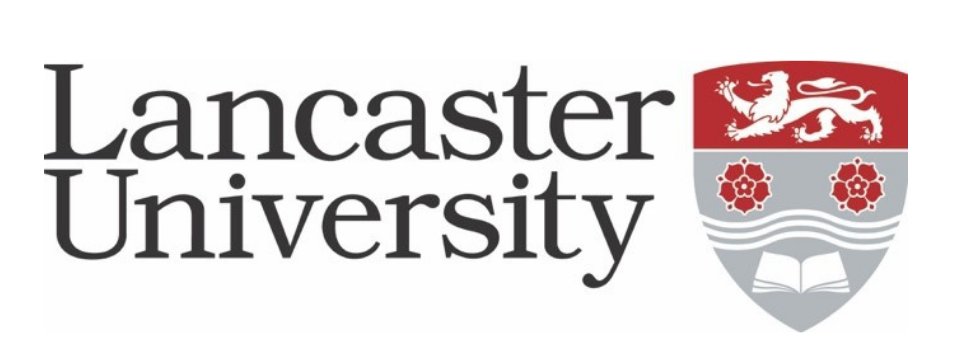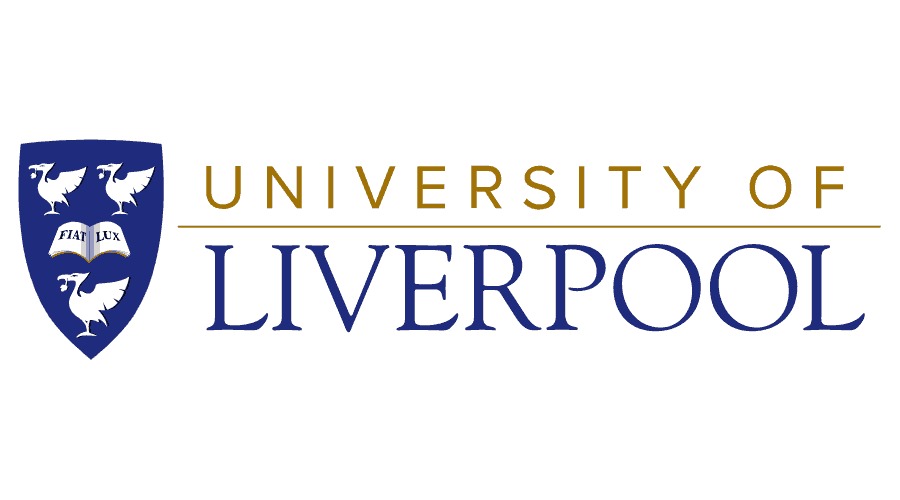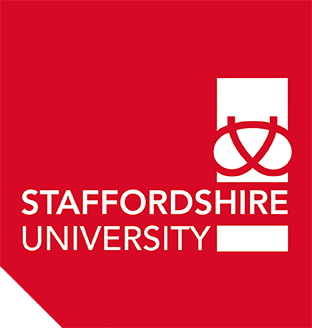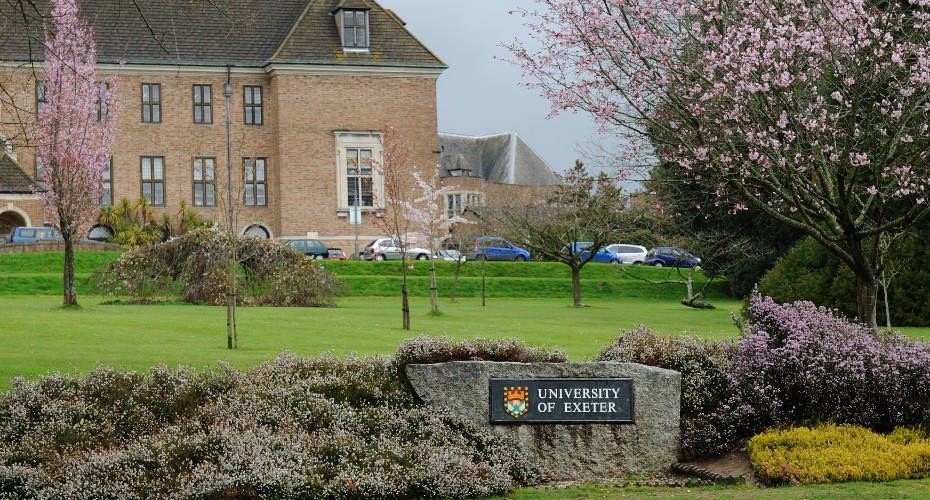
University of Exeter academics will be able to use new £1.25m funding to support their work to improve society and the economy.
The prestigious grant is part of a £40 million investment from the Economic and Social Research Council and will enable academics to influence policy, create and safeguard jobs and develop new, improved products and services.
The five-year Impact Acceleration Accounts (IAAs) have been awarded to 32 institutions across the UK. IAAs enable research organisations to support a wide range of social, economic and behavioural science impact activities. The funding is used by academics to allow them to use their research to create a more prosperous, inclusive, healthy and secure society.
This is the third time the University of Exeter has been awarded ESRC IAA funding.
Professor Claire Dunlop, who led the bid for the funding, said: “We’re delighted to have been successful again in this prestigious IAA award. This third round of funding will enable colleagues at Exeter to use the social scientific research they create to make positive and lasting impacts to societies across the UK and the world. We can’t wait to get started and hear colleagues’ ideas.”
As part of previous ESRC IAA funding given to the University of Exeter Professor Ana Beduschi worked with the Network for Children’s Rights to lead the production of a freely available interactive toolkit about children’s migration rights. This is helping charity workers in Greece and in the UK to develop their advocacy and litigation strategies.
Dr Inmaculada Adarves-Yorno developed and ran a practical and impactful training programme for the inmates of the largest maximum security prison in Kenya (Naivasha) where more than 2,000 men were serving life sentences or awaiting the death penalty.
Dr Kubo Macak worked with the NATO Cooperative Cyber Defence Centre of Excellence and the National Cyber and Information Security Agency (NCISA) in the Czech Republic to develop an interactive open-access online toolkit for legal advisors and decision-makers who face the need to apply international cyber law in their daily practice.
Professor Richard Moorhead and Dr Rebecca Helm investigated the legal judgements around the Post Office scandal. Their work was described as “powerful” by the judge leading the Post Office Inquiry, Sir Wyn Williams, and led to him broadening the terms of reference for the inquiry.
Since 2014 ESRC IAA funding has funded 203 local, national, and international governmental and non-governmental University of Exeter projects in topics such as the environment, agriculture, financial services, legal services, immigration, security, health and safety, health and wellbeing, creative industries and tourism.
It has also provided 480 University of Exeter researchers with training and capacity-building opportunities in areas such as entrepreneurship, networking skills, commercialisation and intellectual property.
Professor Neil Gow, University of Exeter Deputy Vice-Chancellor (Research and Impact), said: “Since 2014 we have been awarded £3.7m of ESRC IAA funding. This has been an invaluable resource for our researchers, enabling us to maximise the non-academic impact of research, increase capacity for public engagement and commercialisation, and collaborate effectively with business partners.
“This work has led to changes in policy, the creation and safeguarding of jobs, new and improved
products and services, and increased research and development investment by businesses and organisations.”
Professor Lisa Roberts, Vice-Chancellor of the University of Exeter, said: “We are delighted that we have once again received this funding, which demonstrates the breadth of world-leading work being undertaken by academic colleagues at Exeter to support our Strategy 2030 ambitions of building a fairer, socially just and inclusive society.”
ESRC Interim Executive Chair Professor Alison Park said: “The social, behavioural and economic research we fund helps us understand how we live and how society functions, throwing new light on how best to tackle our most pressing challenges. This investment creates a network of research organisations with dedicated funding to support and accelerate the impact of this research.
“We have already seen the benefits of previous rounds of IAA funding, which have leveraged an extra £52 million from partners ranging from local government to private business. This new cohort of 32 research organisations in receipt of IAA funding is the largest and most diverse group ESRC has funded. I look forward to seeing how these investments maximise the impact of social science research.”




